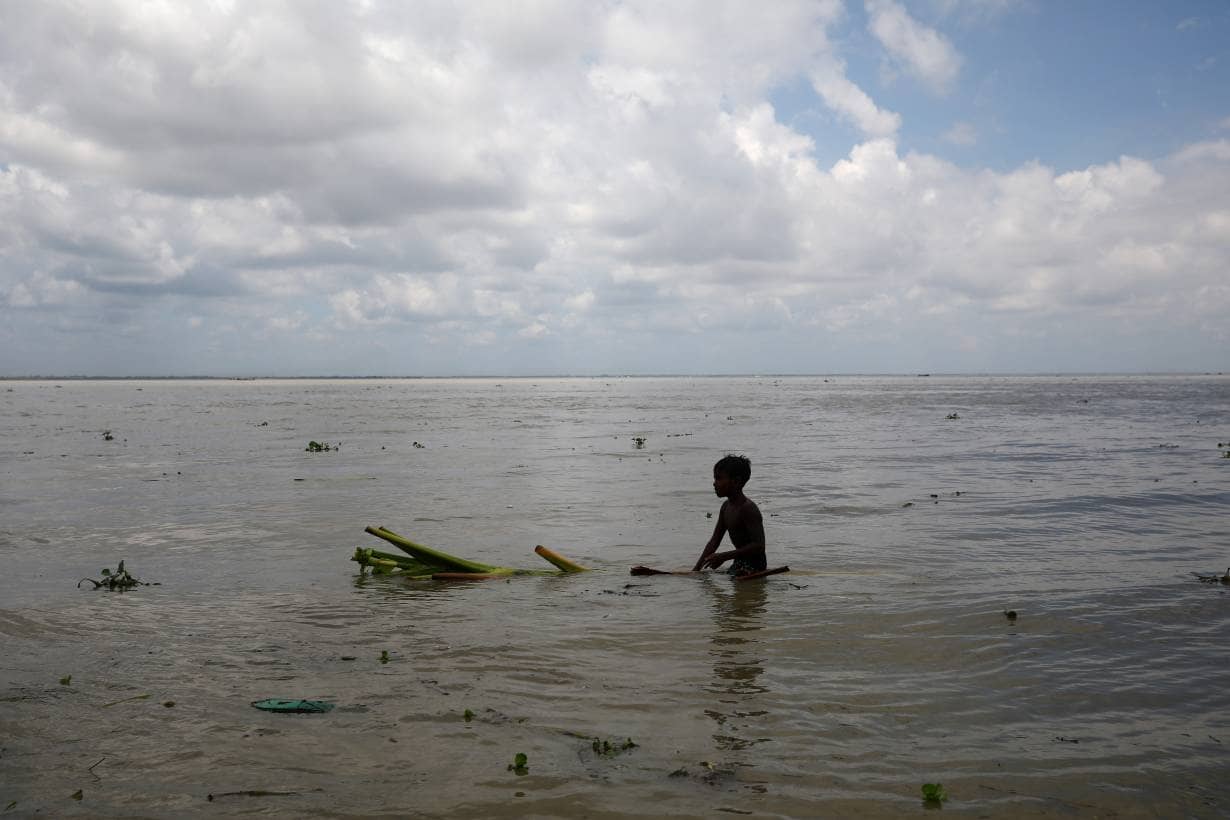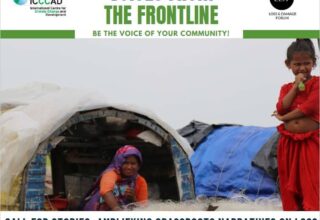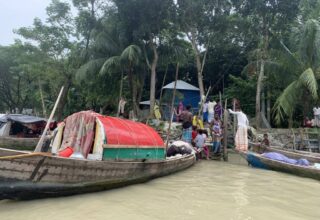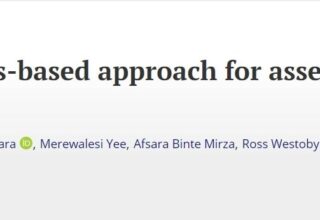
Losses are growing in rich as well as poor countries – and it’s time to have an effective system to deal with them
The adverse impacts from human-induced climate change are known as “loss and damage” – and how to tackle this issue has been a politically contentious issue in the United Nations climate negotiations for years.
But loss and damage due to climate change is no longer something that will happen in future – it is already happening.
This is evident all around us – and was clearly demonstrated in a key report released in August by the Intergovernmental Panel on Climate Change (IPCC), which showed for the first time the unequivocal adverse impacts of climate change from global temperature increase of over de1 gree Celsius – the result of human activities over the last century.
The report was possible due to the relatively recent ability of the scientific community to make rapid judgements on the degree to which an extreme weather event can be attributed to have worsened due to rising global temperatures.
Thus the recent floods in Germany and New York were clearly attributable to climate change and acknowledged as such by Chancellor Angela Merkel and President Joe Biden.
This reality of loss and damage created by a warming climate is likely to grow in the future and will affect all countries, poor as well as rich. It needs to be dealt with seriously going forward.
Our proposition is therefore that both developed and developing countries take some steps collectively to assess the actual losses and find ways to deal with them.
‘Loss and damage” is a broad concept – and the loss and damage that growing numbers of people now face can be addressed in a variety of different ways.
Rapid onset disasters, such as Typhoon Bising, which devastated the Philippines in April, can be addressed with the effectiveness and speed we are familiar with in humanitarian interventions.
But slow onset disasters, such as the sea level rise which threatens the Bangladesh coast and will lead to lasting displacement, may be better addressed with instruments we know from development aid.
Climate change may also lead to so-called “non-economic losses”, including losses of historic sites, species, cultures, and lives. In these situations, money alone will not cover the losses, and initiatives must be taken to support people while they mourn, reconcile, and recover.
To respond effectively to the problem of loss and damage, it would be wise to gather experiences and learnings. That requires better monitoring and evaluation, which can help us improve the ways we respond to loss and damage.
It can also help ensure that support is adequate, relevant, and effective. How do we best help people and communities to resettle when they are displaced, or rebuild when their properties are damaged?
How do we provide safety and risk sharing to communities when climate-related hazards are a reoccurring threat? And how do we enable safe migration when there is no longer a place to call home?
To help us compile these experiences and lessons, we need to focus on loss and damage. We must be able to find the projects. We must see how finances are allocated, who they reach, and who they may never reach. And this is why we need a separate category for loss and damage financing.
Creating a separate climate finance category for loss and damage will help attract attention to serious problems and increase the available funds to those who are most vulnerable. It will also allow us to learn and improve our efforts to tackle climate change.
In November governments will meet at the UN Climate summit, COP26, in Glasgow. Loss and damage will be a key topic on the agenda. We suggest:
–That both the COP26 presidency and the UN Secretary General appoint high-level envoys on loss and damage. This will ensure that discussions about loss and damage progress, both within the UN climate talks, and with partners in the humanitarian and development sectors.
–That loss and damage finance is included as a separate category in talks about future climate finance taking place at COP26. This will help ensure that the needs of those facing loss and damage are heard and help us to monitor experiences and learnings.
We must all learn how to tackle climate induced loss and damage.
Originally this article was published on October 13, 2021 at Thomson Reuters Foundation.
The author Saleemul Huq is director of the International Centre for Climate Change and Development in Bangladesh and Mattias Soderberg is co-chair of the ACT Alliance climate justice group .









